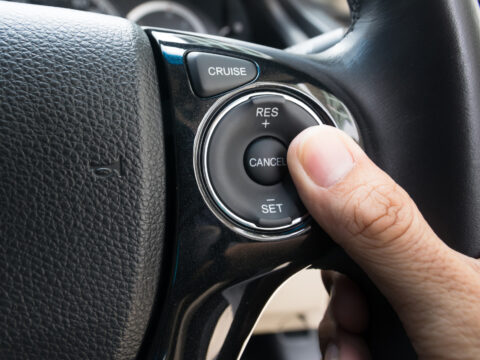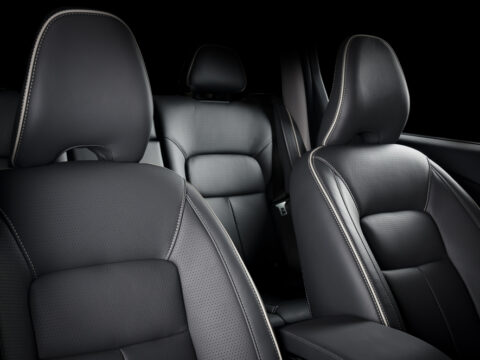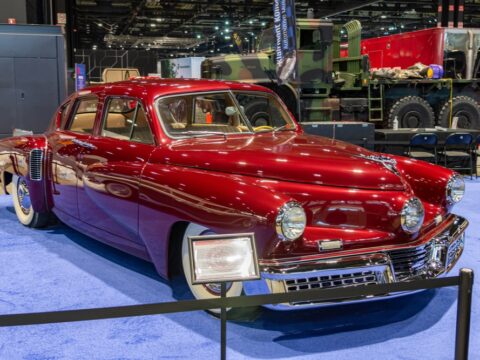Some vans and minivans that have been on the road for years may soon be discontinued. Whether due to changing consumer preferences or manufacturers shifting focus to other models, these vehicles could be phased out in the near future. Here’s a look at 25 vans and minivans that might not be around much longer.
Contents
Chrysler Voyager
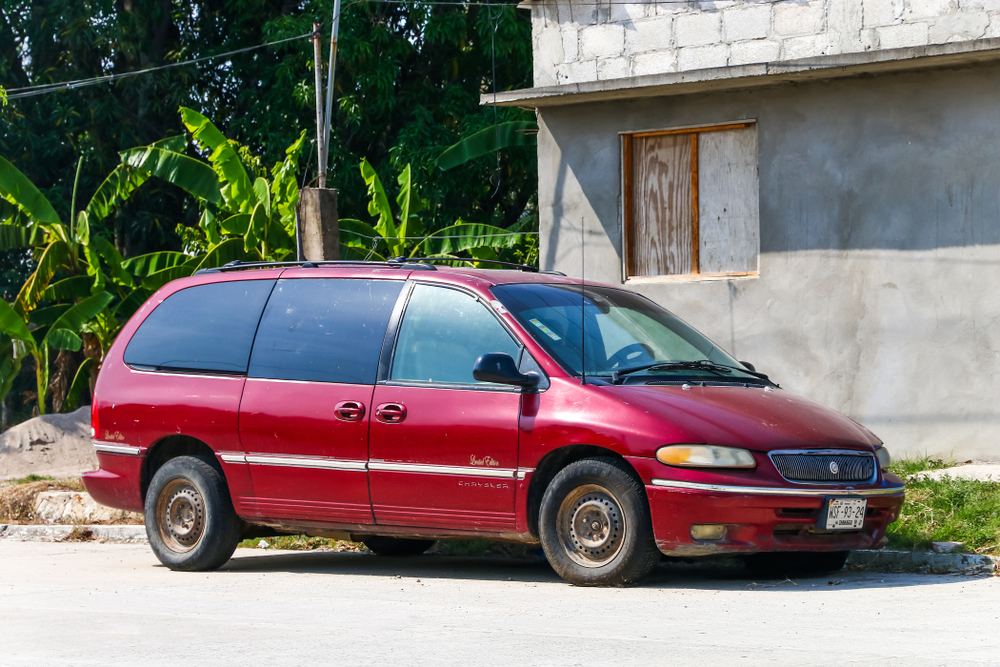
The Chrysler Voyager, a more affordable alternative to the Pacifica, has struggled to stand out in a shrinking minivan market. Despite its practical features and family-friendly design, shifting consumer preferences toward SUVs and crossovers have diminished its appeal. With Chrysler focusing on electrification and higher-end models, the Voyager could be phased out to streamline the lineup and boost sales of its more luxurious siblings.
Dodge Grand Caravan
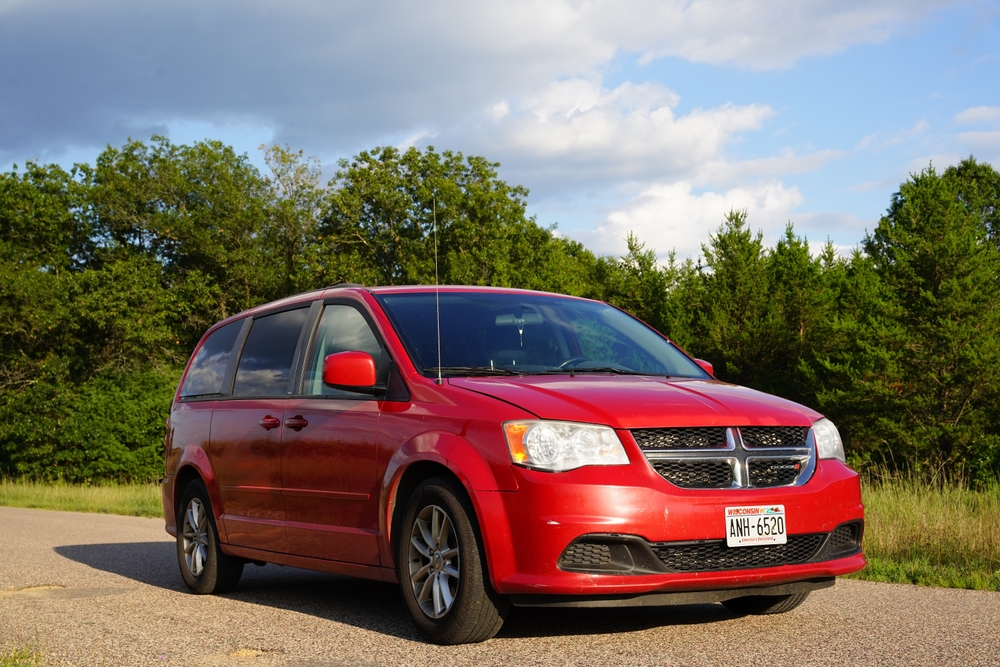
Once a minivan icon, the Dodge Grand Caravan has been on a steady decline. Its outdated design, lack of modern tech features, and the introduction of the more advanced Chrysler Pacifica have left it in the shadows. Despite strong sales in the past, the Grand Caravan was officially discontinued in 2020, but remnants on dealership lots and a shrinking market signal the final end of this once-popular van.
Ford Transit Connect
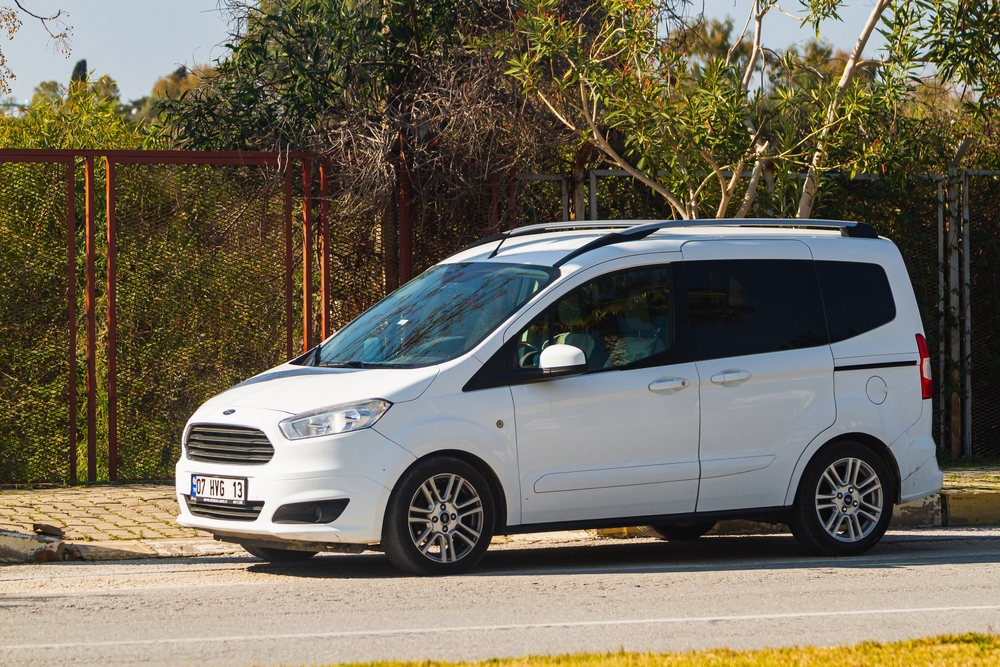
The Ford Transit Connect, a compact commercial van, has been a favorite for small businesses, but with Ford’s increasing focus on electrification and more versatile models, its future looks uncertain. The van’s small size and aging design make it less competitive against larger, more adaptable electric vans, which could replace it in the coming years as Ford pivots to a greener lineup.
Ram ProMaster City
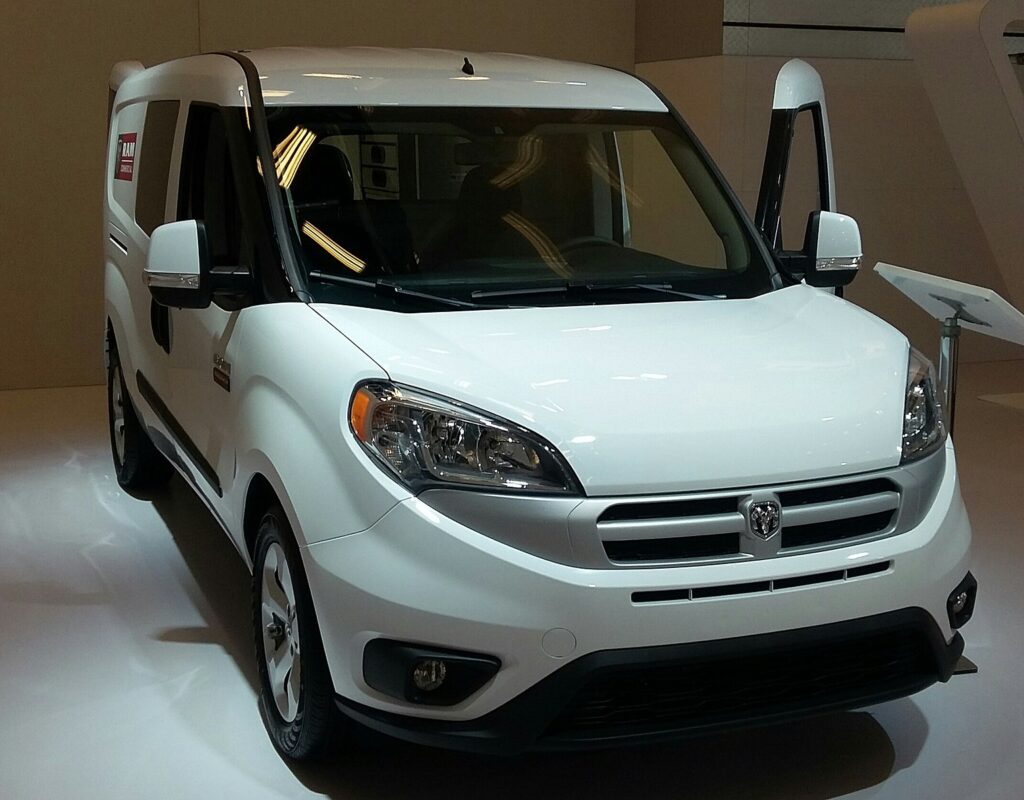
The Ram ProMaster City has seen limited updates in recent years, and with the industry leaning heavily toward electrification, this workhorse van may soon be obsolete. While still useful for commercial purposes, the ProMaster City’s sales have declined, and Ram may choose to focus on electrifying its full-size ProMaster vans instead, phasing out this compact model.
Nissan NV200
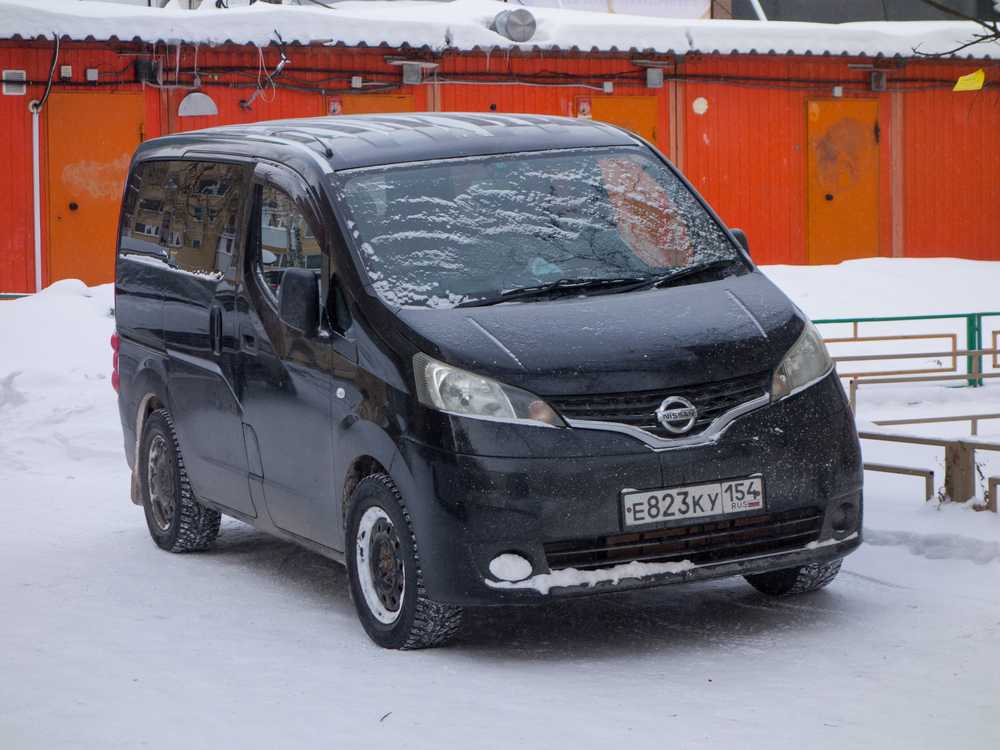
The Nissan NV200, another compact cargo van, is on the chopping block due to lagging sales and stiff competition from more efficient alternatives. Its dated design and the introduction of electric models from other brands have made it less attractive. Nissan has also been trimming its commercial lineup, signaling that the NV200 could soon be discontinued.
Mercedes-Benz Metris
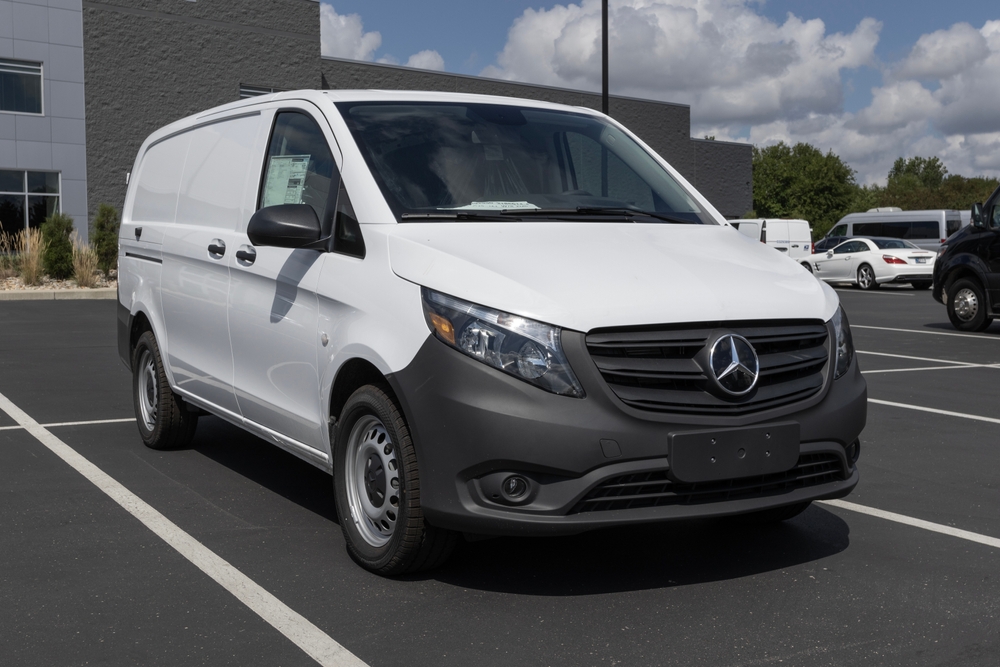
Despite being a premium option in the midsize van market, the Mercedes-Benz Metris has failed to capture a large customer base in the U.S. Its relatively high price and narrow market niche have made it less appealing, especially with other brands offering more affordable and versatile options. Mercedes-Benz may phase out the Metris in favor of its larger, more popular models.
Toyota Sienna (Base Trims)
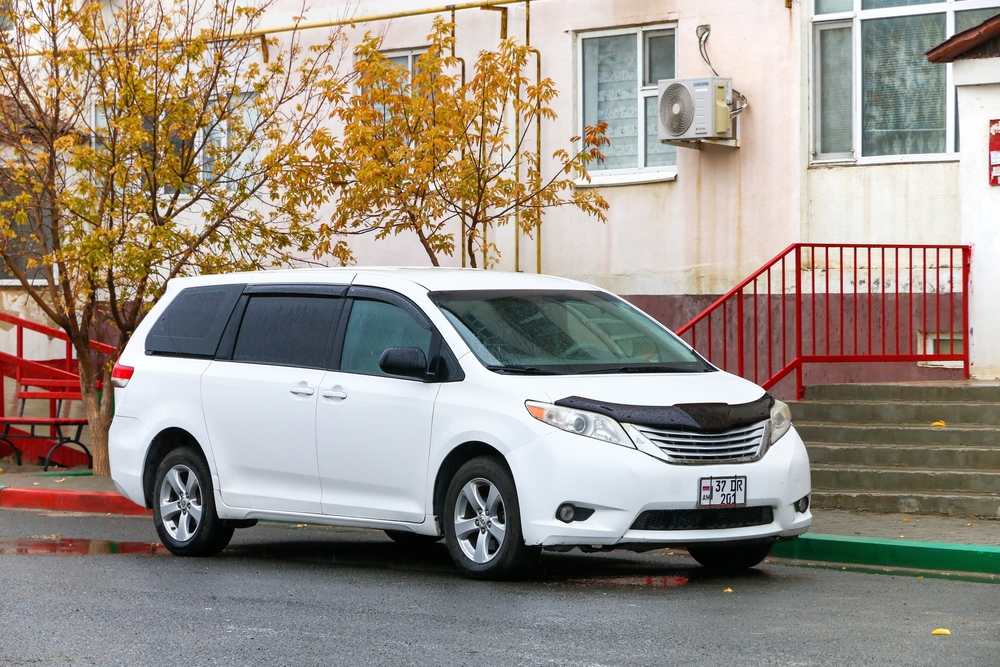
While the Toyota Sienna remains a popular minivan overall, the base trims could be at risk of discontinuation as buyers increasingly gravitate toward higher-end models with hybrid and tech features. Toyota may streamline its offerings, focusing on more profitable trims to maintain competitiveness in the shrinking minivan market.
Kia Sedona
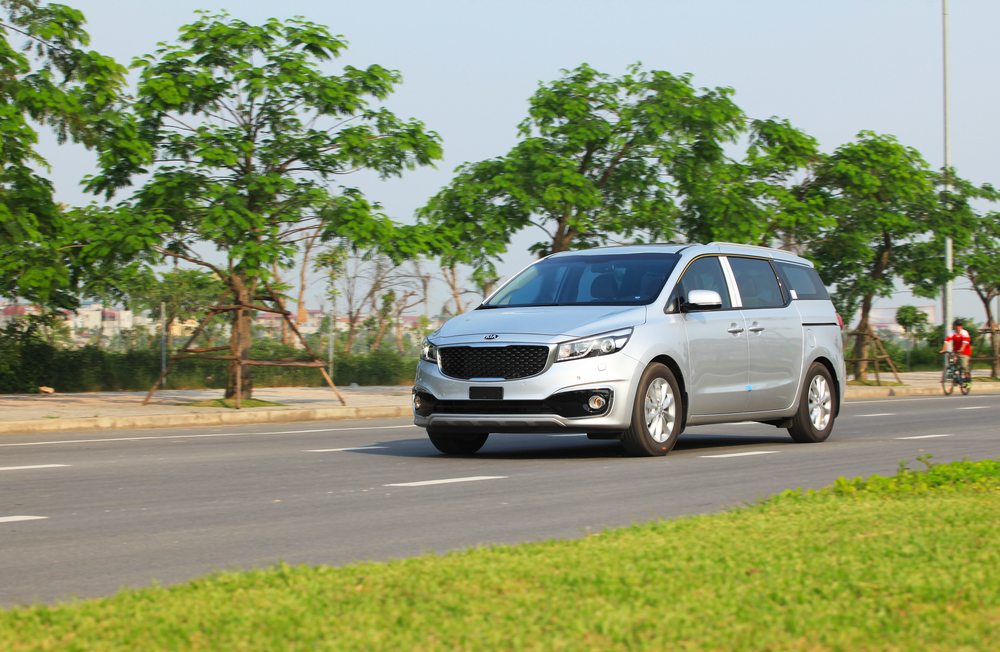
The Kia Sedona has struggled to keep up with the popularity of its replacement, the Kia Carnival. With the Carnival offering more modern features and styling, the Sedona’s outdated design and limited tech make it less appealing to today’s buyers. Kia’s shift toward SUVs and the Carnival’s success could mean the end of the Sedona in the near future.
Honda Odyssey (Lower Trims)
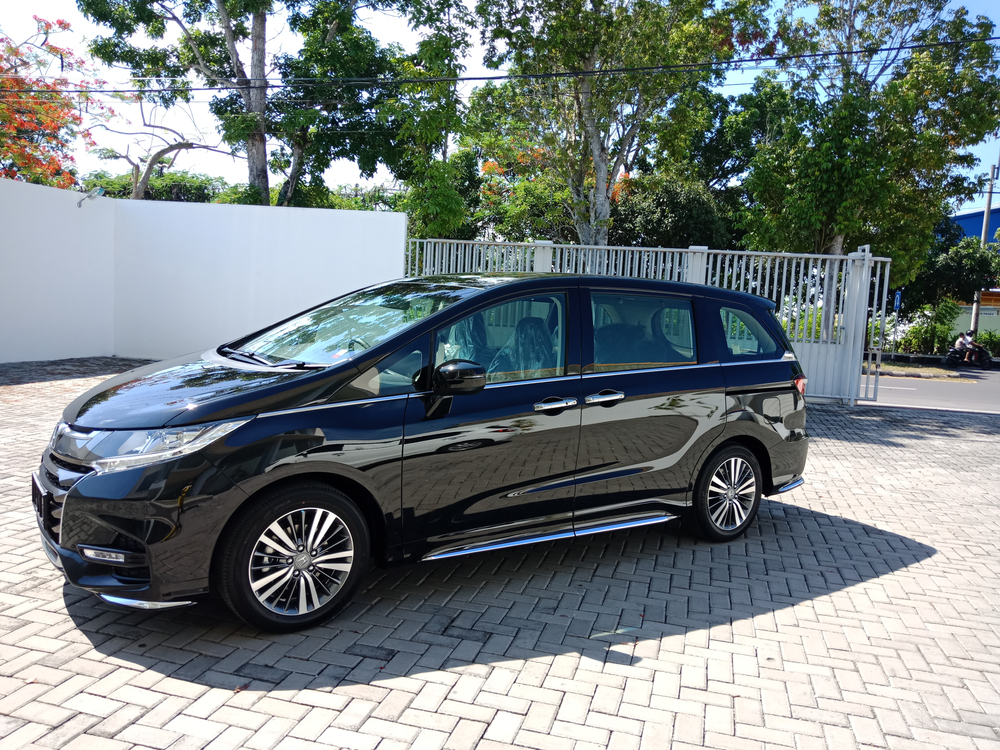
The Honda Odyssey remains a top choice in the minivan market, but lower trims may face discontinuation as customers increasingly opt for better-equipped versions. Honda may choose to trim down the Odyssey lineup, focusing on high-end models with advanced safety features, tech, and luxury options to appeal to families willing to spend more on premium vehicles.
Chevrolet Express
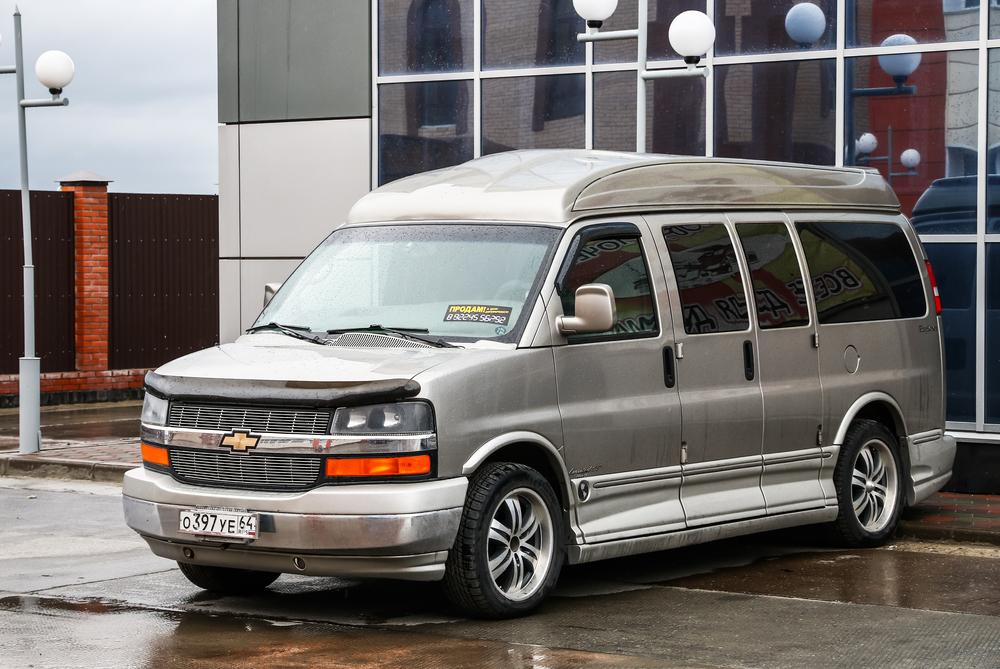
The Chevrolet Express has been around for decades, and its outdated design is starting to show. Despite its long-running reputation as a workhorse van, the lack of modern safety and tech features, along with competition from more advanced models, could lead Chevrolet to discontinue the Express as they focus on updating their commercial lineup with newer, more efficient alternatives.
GMC Savana

The GMC Savana, essentially the twin of the Chevrolet Express, faces the same challenges as its counterpart. The Savana’s age is catching up with it, and with GM’s push toward electrification and more modern commercial vehicles, it’s likely that this aging model will be retired in favor of newer, more sustainable options.
Ford E-Series Cutaway

The Ford E-Series Cutaway has had a long run, but its age and limited updates make it a prime candidate for discontinuation. As Ford shifts its commercial lineup toward more efficient, tech-forward models, including electric options, the E-Series could be left behind in favor of more modern solutions for commercial transport.
Hyundai Staria
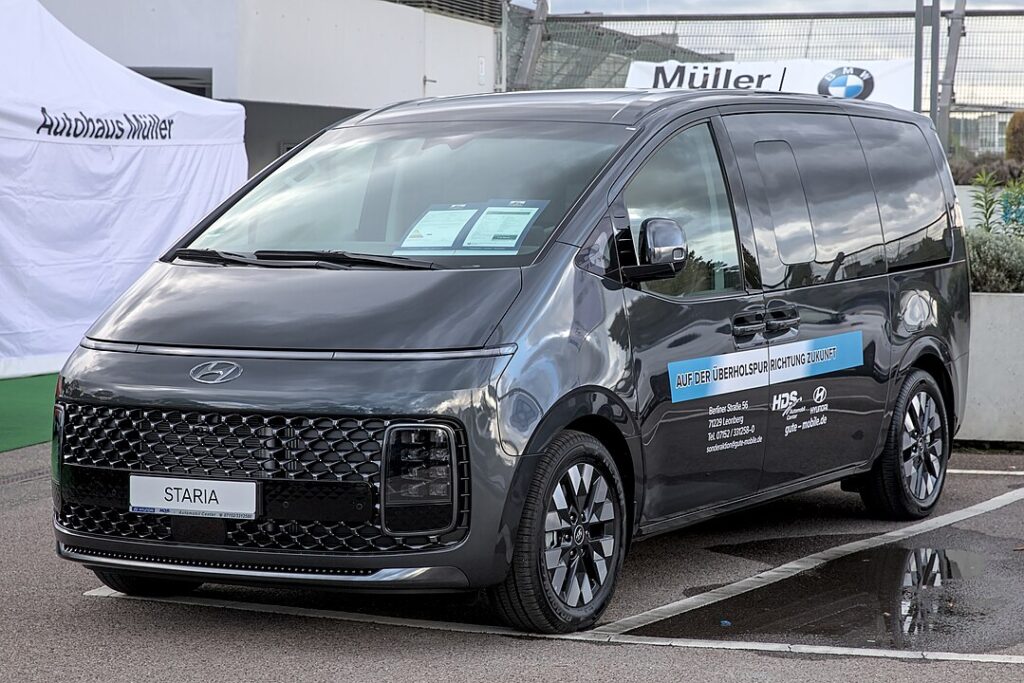
The futuristic Hyundai Staria, despite its innovative design, faces an uncertain future due to limited demand in certain markets. Hyundai’s focus on electric and hybrid models may lead to a reshuffling of their lineup, potentially sidelining the Staria if it fails to gain significant traction, especially in regions favoring SUVs.
Volkswagen Caddy
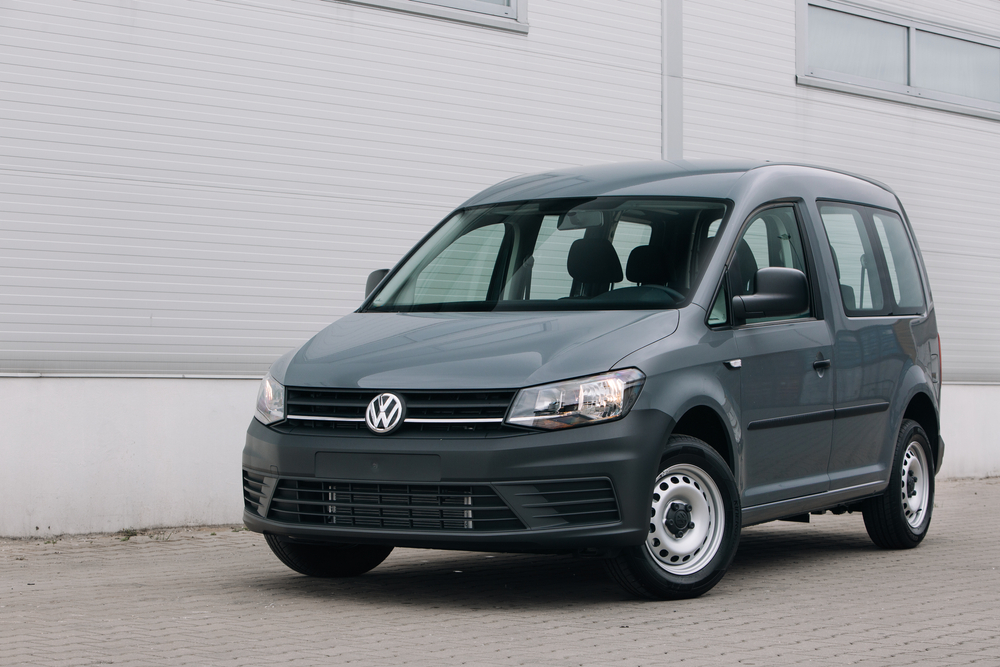
The Volkswagen Caddy, a compact van primarily used for commercial purposes, may face discontinuation as electric alternatives become more popular. VW’s push toward electrification, including the upcoming ID. Buzz, means the Caddy could be phased out to make room for more eco-friendly models that align with the brand’s future vision.
Mazda Bongo
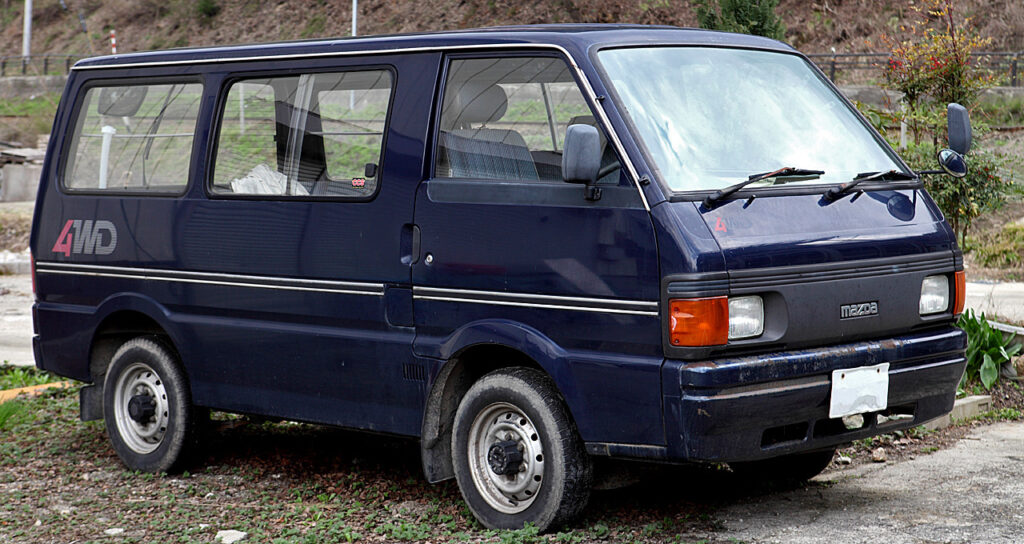
The Mazda Bongo has long been a favorite for those needing a compact van, but it has struggled to maintain relevance outside its niche markets. With Mazda focusing more on SUVs and crossover vehicles, the Bongo’s future appears uncertain as the company shifts its strategy toward electrification and more profitable segments.
Fiat Doblo
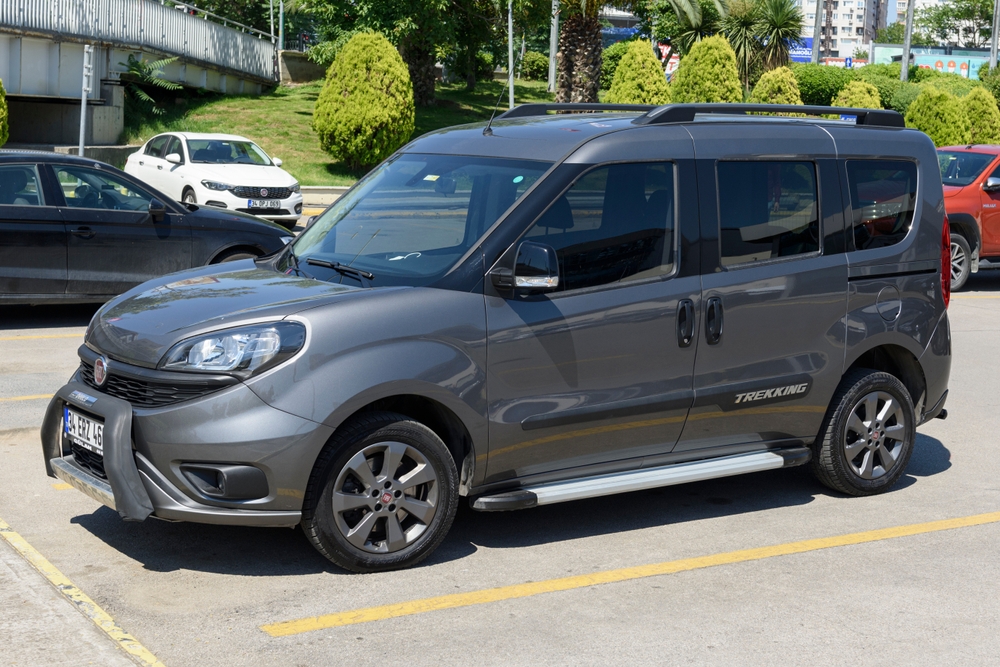
The Fiat Doblo, a small commercial van, may soon be discontinued as Stellantis, Fiat’s parent company, consolidates its van lineup under fewer, more modern models. The Doblo’s aging platform and competition from newer electric vans may lead to its retirement as Stellantis focuses on streamlining its offerings.
Peugeot Partner
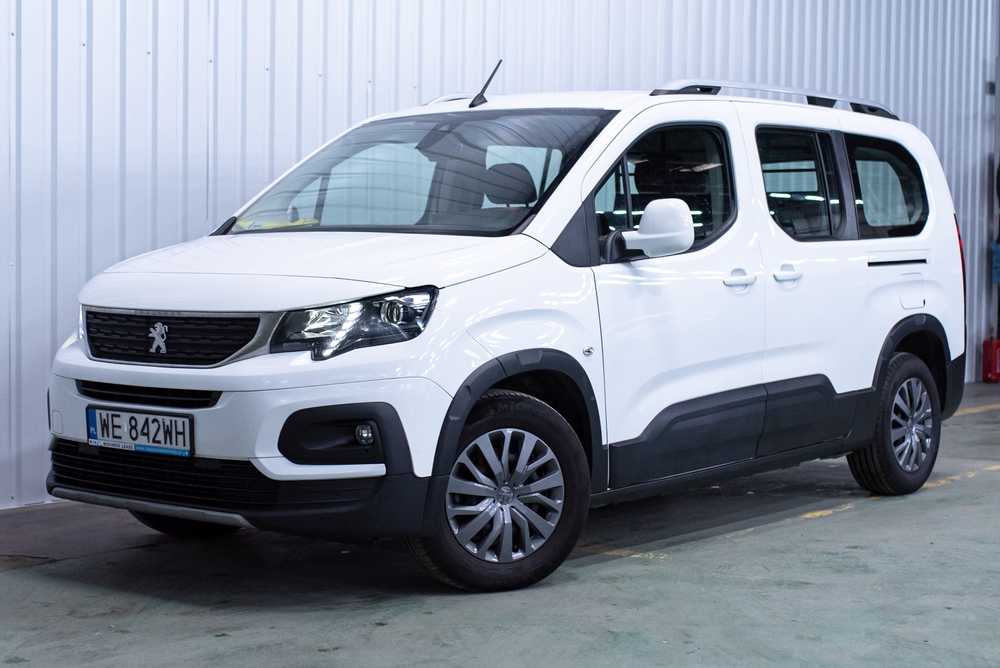
The Peugeot Partner has been a solid option for small businesses, but as electric alternatives grow in popularity, this diesel-powered van could be phased out. With Peugeot’s parent company Stellantis pushing toward electrification, the Partner’s future looks uncertain, especially in regions with strict emissions regulations.
Citroën Berlingo
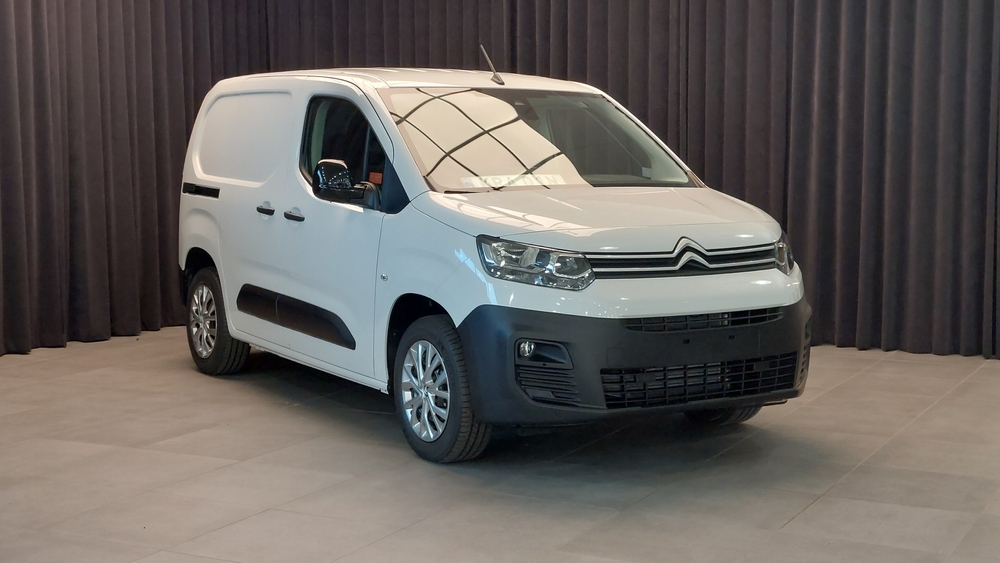
Similar to the Peugeot Partner, the Citroën Berlingo is likely to be replaced by electric alternatives within the Stellantis lineup. As emission standards tighten and consumer demand shifts toward electric vehicles, the Berlingo may be phased out to make way for newer, greener models that align with the brand’s future plans.
Renault Trafic
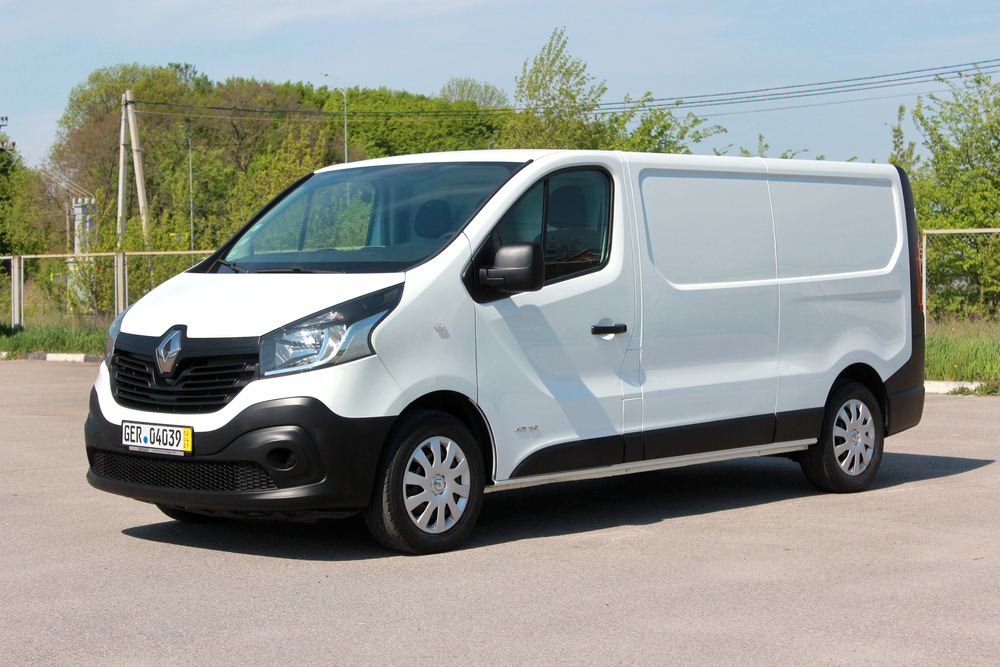
The Renault Trafic has been a staple in the European van market, but its diesel-reliant powertrains and competition from electric alternatives may soon spell its end. Renault’s focus on electrifying its commercial lineup could result in the Trafic being replaced by more environmentally friendly options.
Opel Combo
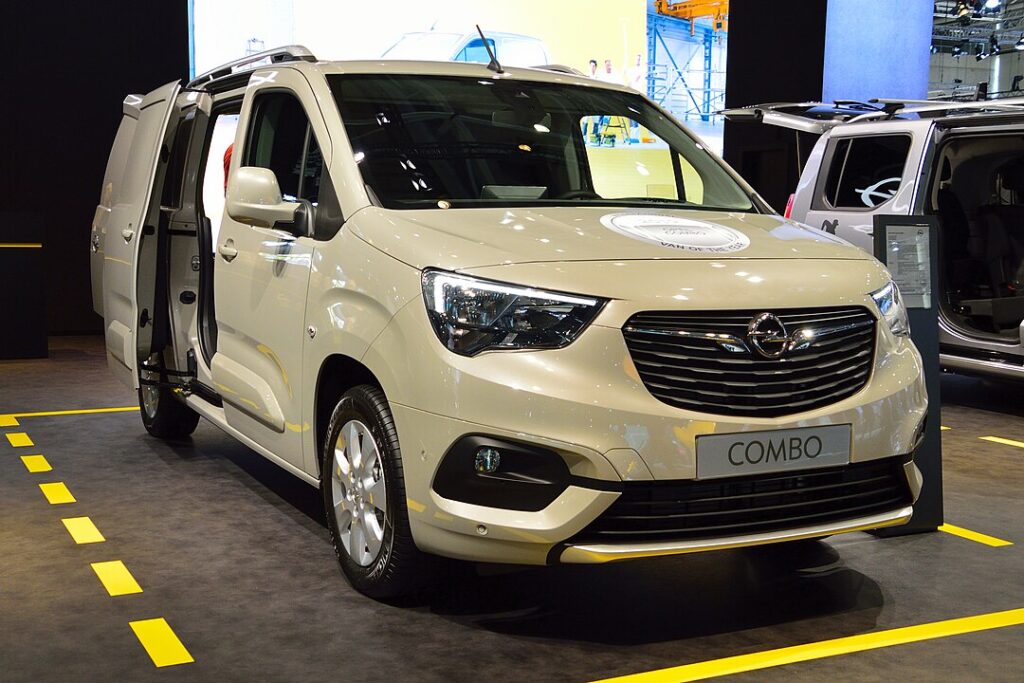
The Opel Combo, another small van within the Stellantis family, faces a similar fate as other models in the lineup. With the push for electrification, the Combo’s older diesel engines and lack of hybrid options could make it obsolete, as Stellantis introduces more sustainable models to meet growing demand.
Vauxhall Vivaro
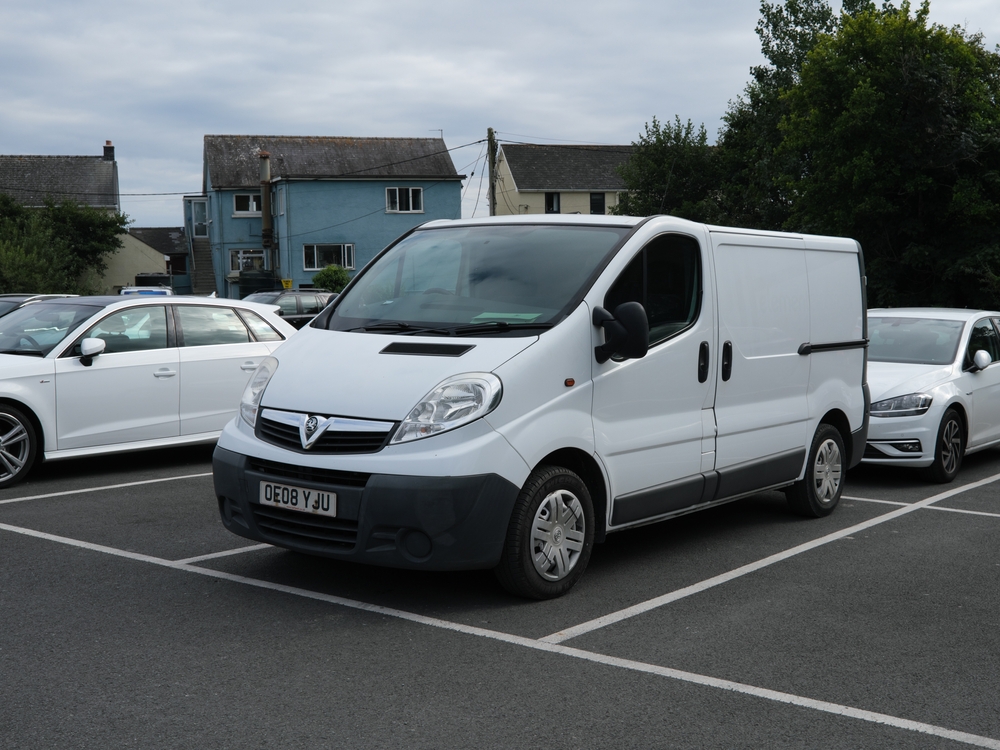
The Vauxhall Vivaro, though still a strong player in the UK market, may be phased out as part of Stellantis’ larger strategy to electrify its lineup. The Vivaro’s diesel engines and lack of significant updates leave it vulnerable to being replaced by more efficient, electric alternatives in the coming years.
LDV G10
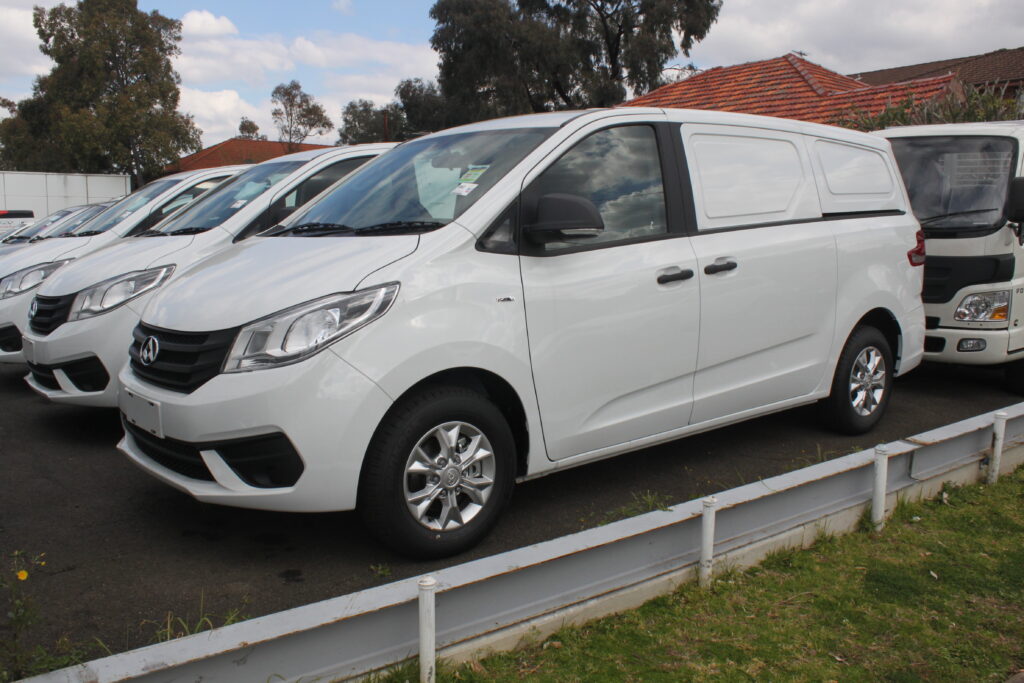
The LDV G10, a lesser-known van model, may disappear due to limited global demand and competition from larger, more advanced manufacturers. With electric vans taking center stage and consumer preferences shifting toward more tech-savvy models, the G10 may be discontinued as manufacturers prioritize innovation.
Ford Tourneo Connect
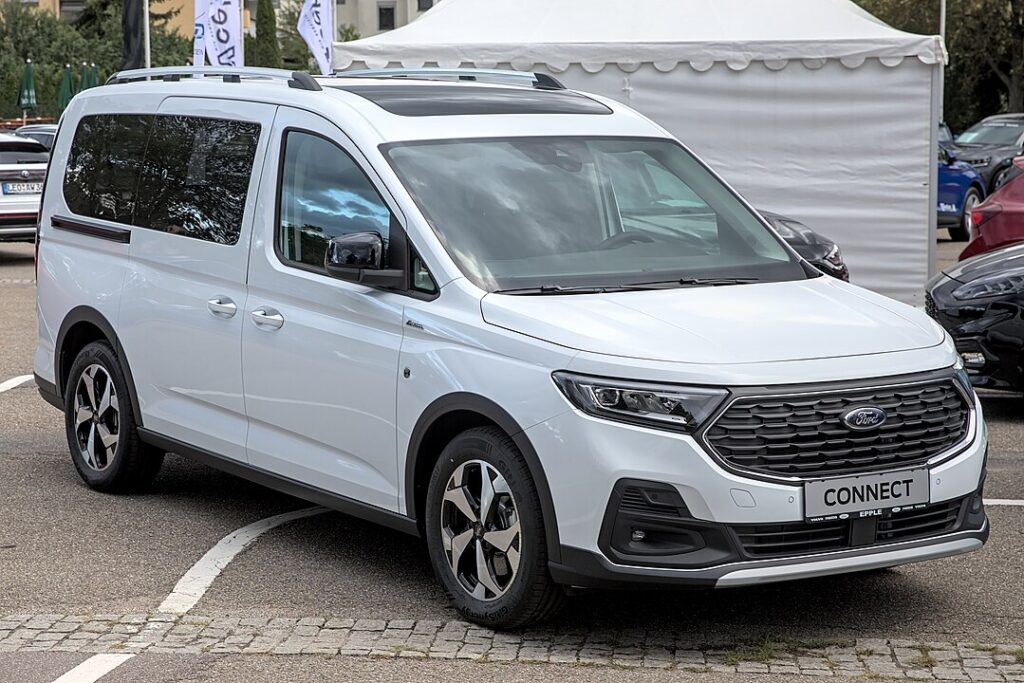
Despite being a versatile option for families and businesses, the Ford Tourneo Connect is facing stiff competition from newer, more advanced vans and SUVs. With Ford increasingly focusing on electrification and more robust commercial vehicles, the Tourneo Connect may not make the cut in future lineup changes.
Toyota ProAce Verso
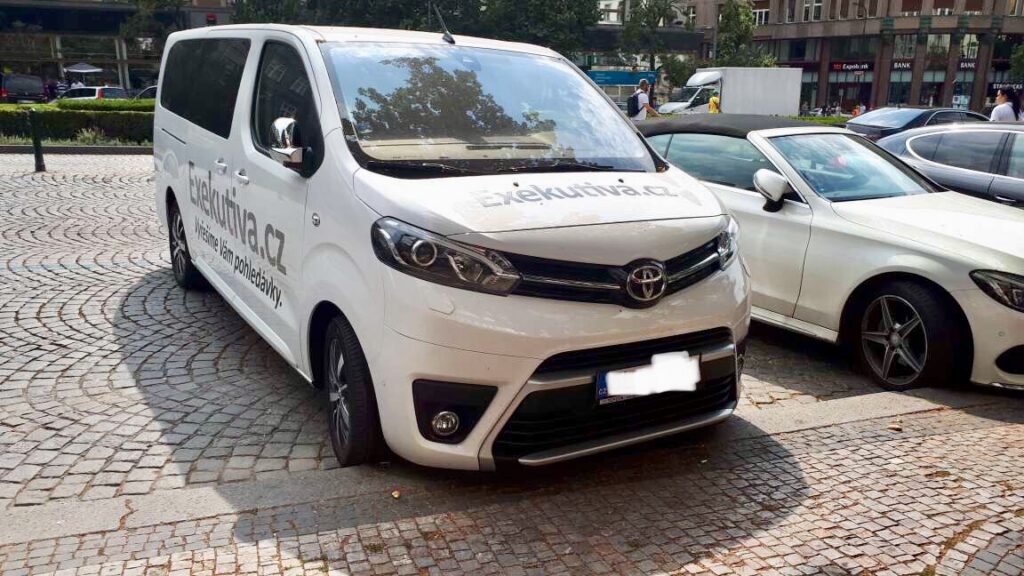
The Toyota ProAce Verso, while still a reliable van, may be at risk due to Toyota’s strong focus on hybrid and electric technologies. With other models in Toyota’s lineup taking precedence, the ProAce Verso could be phased out to streamline production and make room for more fuel-efficient alternatives.
Mercedes-Benz Vito

The Mercedes-Benz Vito, known for its quality and premium features, may still face discontinuation as the company prioritizes its electric EQV line. As Mercedes-Benz moves toward fully electrifying its commercial fleet, the Vito could be phased out in favor of more sustainable options that align with the brand’s future goals.
This article originally appeared in MyCarMakesNoise.
More from MyCarMakesNoise
19 Sleek Aviation Designs That Revolutionized Air Travel

Aviation has seen incredible advancements over the years, with certain aircraft designs playing a major role in shaping the future of flight. From sleek commercial jets to cutting-edge military planes, these innovations have changed how we travel and defend the skies. Read More
17 Motorcycles That Looked Fast but Were Painfully Slow

Not all motorcycles live up to their looks. Some bikes have sleek, aggressive designs that make them seem like they’re built for speed, but in reality, they’re surprisingly slow. Whether due to underpowered engines or heavy frames, these motorcycles disappoint when it comes to performance. Read More
19 Boutique Car Makers Crafting High-Performance Vehicles

In the world of high-performance cars, boutique manufacturers stand out for their craftsmanship, innovation, and exclusivity. These niche car makers push the boundaries of speed and design, offering unique vehicles that rival those from major brands. Read More

